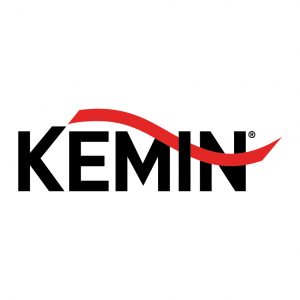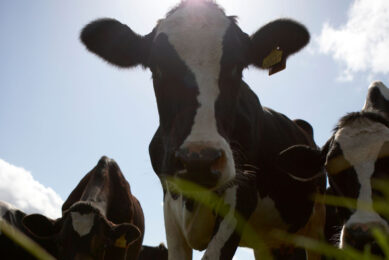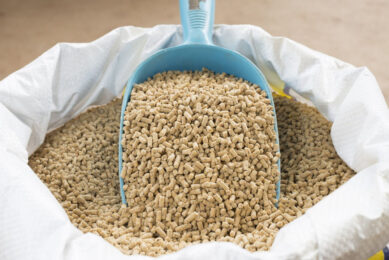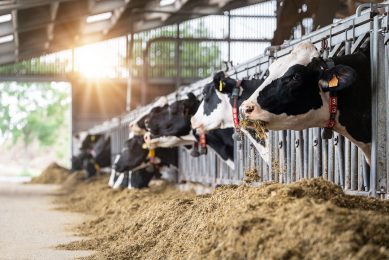Expect more with lysine supplementation
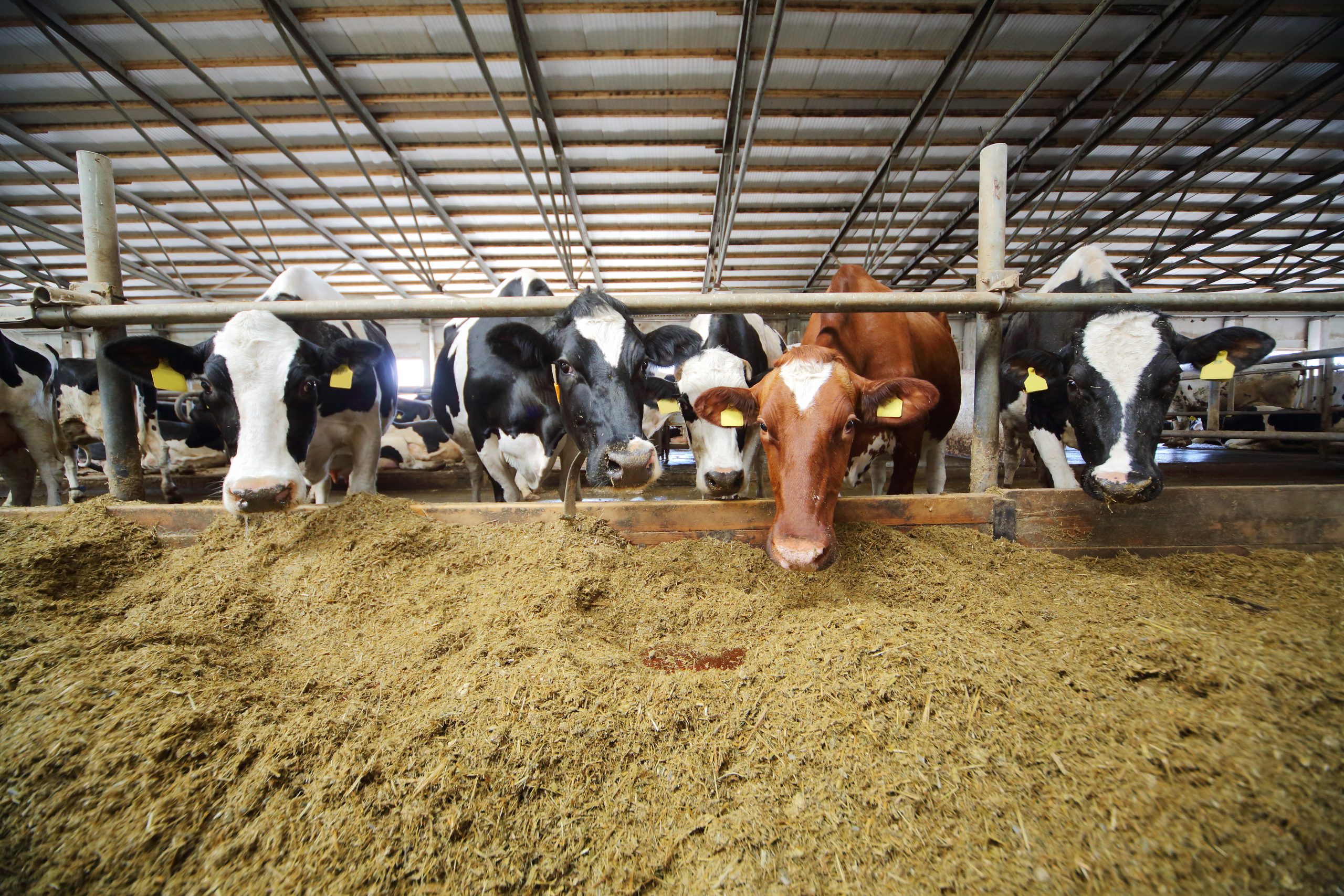
A study evaluated the effect of on top supplementation of rumen bypass lysine on performance of milk yield and its components along with reproductive behaviour. Positive responses were seen in terms of both milk production and reproductive performance.
Lysine can limit milk production if it is ‘insufficient’ in the dairy cow’s diet. During transition phase, the metabolic activities in the liver are almost doubled compare to normal. Fat mobilised from adipose tissues reaches to the liver for providing energy to the cow in this important phase, which decide the whole lactation milk yield. The concern comes when this mobilised fat is underutilised in the liver due to less availability/synthesis of carnitine. Synthesis of carnitine is dependent on the intake of lysine.
Reduction in feed intake and a consequent fall in lysine supply during this phase result in sub-optimum synthesis of carnitine and underutilisation of depleted fat. Scientific/nutritionist groups are evaluating various options to provide ease in feeding lysine to the dairy cows as full formulation for amino acids is not only complicated but also has limitations due to difference in predicting flow of metabolisable protein and lysine by various feeding systems.
On farm trials
As some uncertainty is present in diet formulation when formulating based on amino acids (AA), it is necessary to continue to investigate performance effects of metabolisable lysine for better dairy farm economics. A field trial summarises the effects of on top supplementation of Rumen Protected Lysine on production response of lactating Holstein cows under German feeding conditions.
The rumen protected lysine trial was conducted at Werner Meyer GbR farm in North-West Germany. The farm has 250 dairy cows with an average production of 28.5 kg milk, 4.25% fat and 3.34% protein. The cows are fed a partial mixed ration (corn/grass silage, 3 kg protein concentrate) and milked twice a day. In the trial, cows till 120 days in milk (DIM) were randomly assigned to control or Rumen Protected Lysine according to Energy Corrected Milk (ECM), Lactation Number and DIM. Dry cows were assigned according to ECM for previous 305 d lactation. The trial cows were supplemented with 25 g Rumen Protected Lysine (LysiGEM) per day.
Effect on energy corrected milk yield
The results obtained during the trial period are presented in Figure 1. Milk recording before initiation of trial and average of 4 milk recording at fortnightly interval in both control and Rumen Protected Lysine group were recorded and the average was taken for comparison.
While little or no effect was observed in the quality parameter, milk fat and protein, the Rumen Protected Lysine group could keep the ECM at a higher level than the control group. This is an important outcome as during this period the cows suffered from heat stress (>30°C) as part of the trial was carried out during the summer period.
Effect on reproduction performance
In the reproduction data provided by the farm at the beginning of December, the number of artificial inseminations (AI) and open days (OD) could be assessed, see Table 1. For that only, cows with the first AI during the trial period were considered. In total, the control group needed on average 1 insemination more than the treatment group (3.0 vs 1.9 inseminations for the control and treatment group respectively). This also impacted in a positive way the number of open days in each group. While the control group had on average 130 open days, the treatment group had 97 open days.
It was evident from the present investigation that rumen protected lysine has the potential to improve milk production and enhance reproductive performance. This investigation has also provided ease to the dairy farmers to decide to use on top supplementation without going into amino acid balancing.


